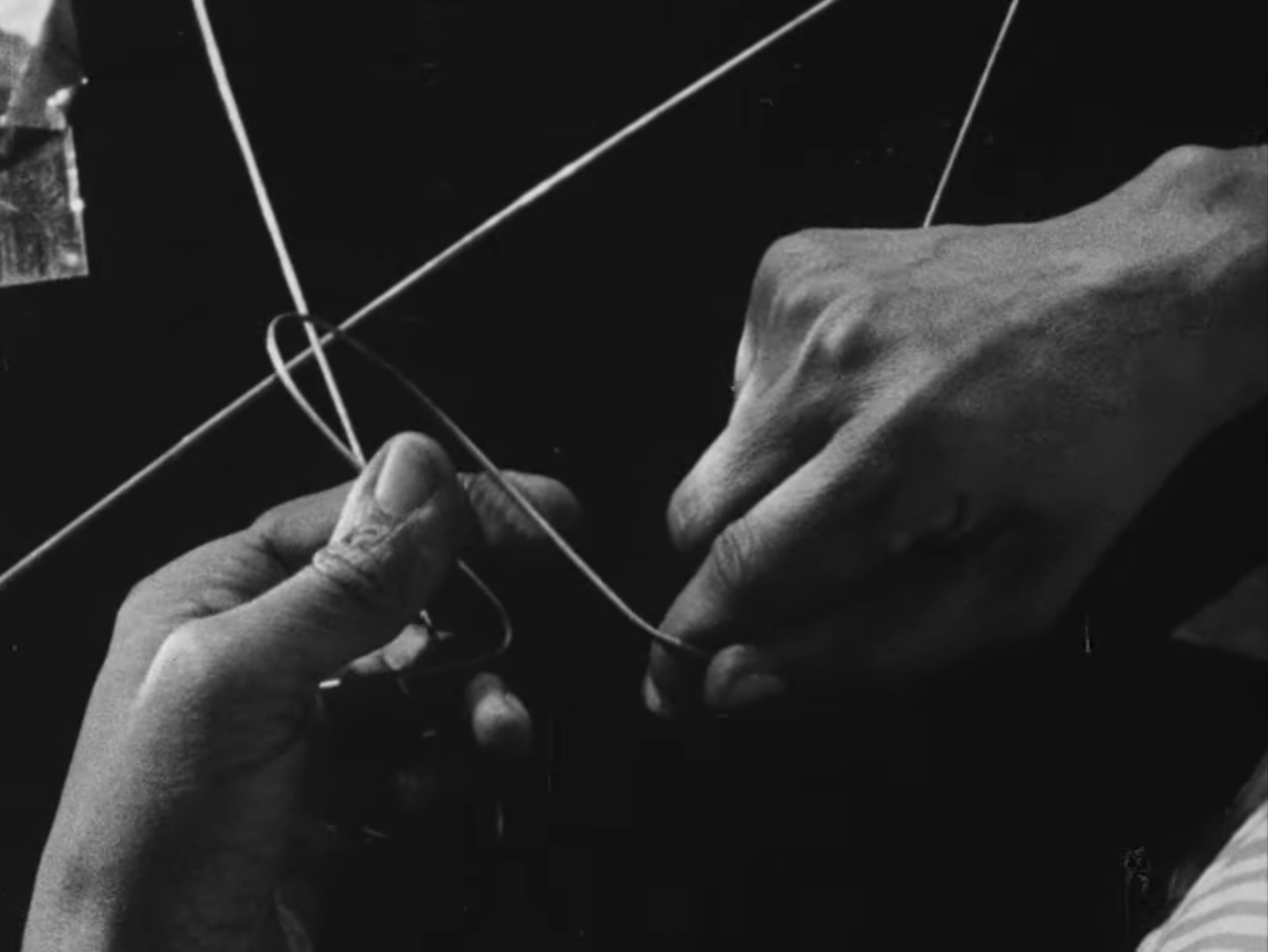III. Interlude
Ruth Inge Hardison and Hands of Inge







Ruth Inge Hardison (1914–2016) was an American actress, sculptor, and photographer born in Portsmouth, Virginia. She studied music and creative writing at Vasser College. Several of her poems were published in The New York Times. In the 1940s-50s she worked as a photographer producing images of public figures, including Eleanor Roosevelt, Paul Robeson, and Haile Selassie. Hardison’s sculptural production focused largely on black portraiture. In 1963, she began a series of cast iron busts celebrating black achievement which included the likenesses of W. E. B. Du Bois, Paul Robeson, Harriet Tubman, and many others. Her second series, “Ingenious Americans,” focused on black and indigenous inventors. In 1969, she co-founded the Black Academy of Arts and Letters. Her sculpture of Sojourner Truth was presented to Nelson Mandela on behalf of the state of New York. Hardison died in Manhatten in 2016. She was 102.
View next: “Convergence: Zora Neale Hurston in Haiti and Jamaica,” inside Fire Blossoms: A Dossier by Yasmina Price
Back to Fire Blossoms table of contents
John Fletcher, Hands of Inge (1962), 16mm film stills. Public domain.
Back to Fire Blossoms table of contents
John Fletcher, Hands of Inge (1962), 16mm film stills. Public domain.